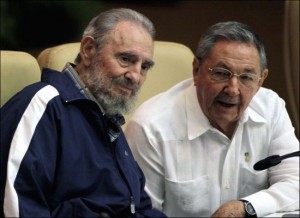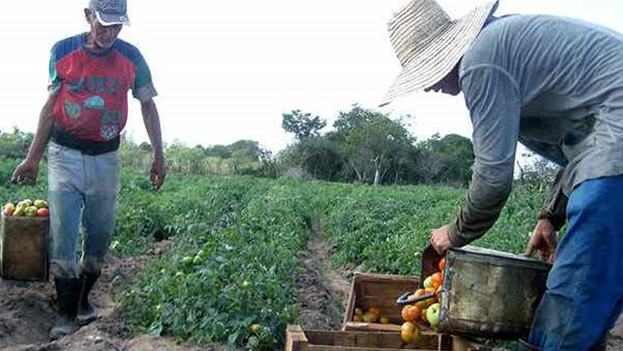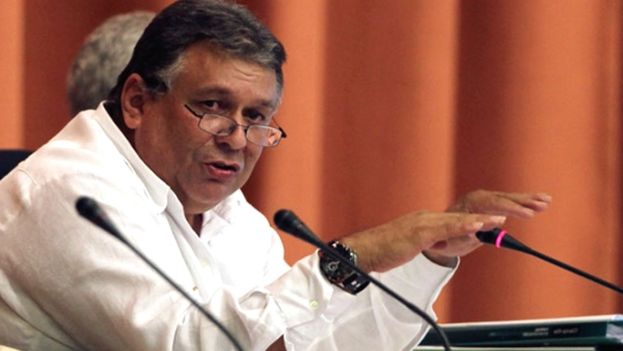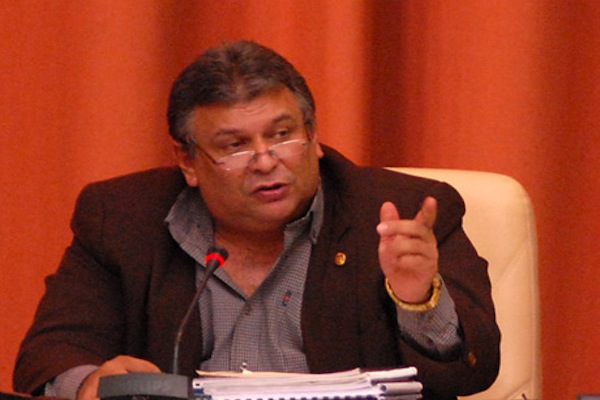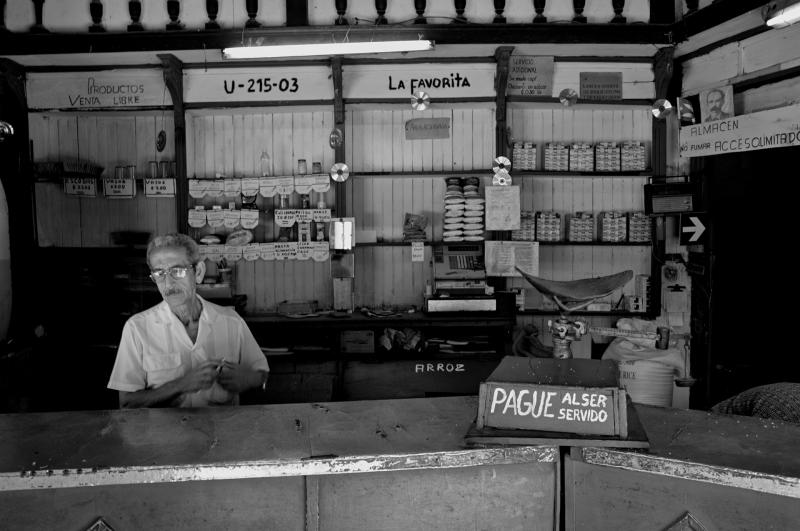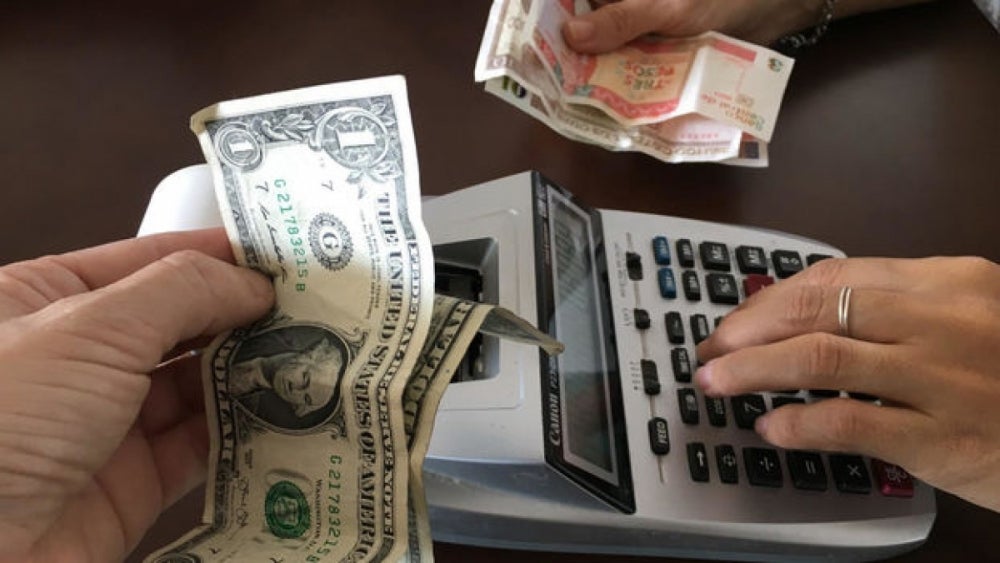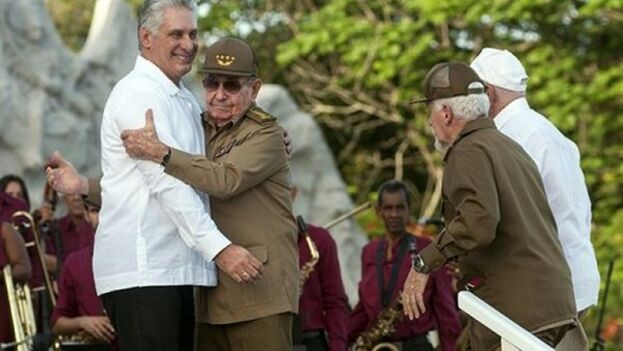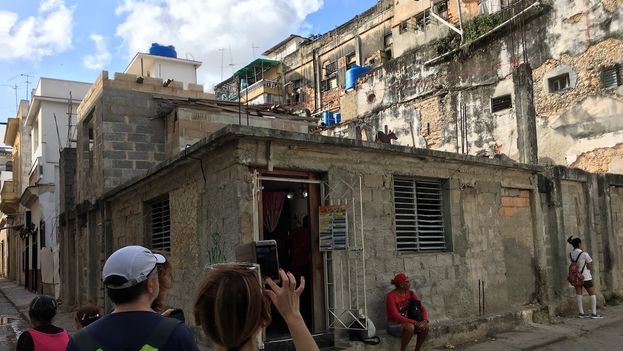
![]() Elias Amor Bravo, Economist, 22 April 2021 — Bad. Very bad. The first international speech from Miguel Díaz-Canel, from his new position of First Secretary of the Communist Party, as well as president of Cuba, at the forum of the Ibero-American Summit of Heads of State and Government, on April 21, 2021, held in Andorra. Analysts say only first two minutes were correct, when he expressed appreciation to the host authorities for organizing the event in the complicated conditions of Covid-19.
Elias Amor Bravo, Economist, 22 April 2021 — Bad. Very bad. The first international speech from Miguel Díaz-Canel, from his new position of First Secretary of the Communist Party, as well as president of Cuba, at the forum of the Ibero-American Summit of Heads of State and Government, on April 21, 2021, held in Andorra. Analysts say only first two minutes were correct, when he expressed appreciation to the host authorities for organizing the event in the complicated conditions of Covid-19.
Later, everything fell apart into a string of nonsense that left Díaz-Canel’s profile as a political leader very effected. Between the acoustic difficulties and the nonsense he spouted, Díaz-Canel appeared as what he is, or what he intends to achieve, a low-level provocateur who is looking for handouts, without showing any interest in making things easier for Cuba to return to the concert of nations.
Because to whom did Díaz-Canel address his speech at the summit? It is not an easy answer.
He could have dedicated his speech to what he has done every time he has participated in an international forum, “selling medical and professional services” wrapped up in a false international cooperation. But from the first moment, he must have understood that the occasion was not the most propitious. And having the brilliant speeches by the presidents of Chile and Colombia before him, the repetitive proposals of a “Cuba that has experience to offer and gives special relevance to innovation for a 2030 sustainable development goal,” he turned around and, without further ado, began to release poison. continue reading
The first axis of the speech: a complaint that little progress has been made in the 2030 Agenda, but what does he know about the progress of this program in the most advanced countries and the investments that are being mobilized in this regard? What does he know of President Biden’s summons to 42 leading countries in the world to propose immediate progress on this matter? Once again, as in the times of Fidel Castro, Díaz-Canel threatened the world with chaos, total disaster and the disappearance of humanity if his positions are not followed.
Despite the long time that has passed, the alarmist speech-making of Fidel Castro remains anchored in the genes of the successors of the regime. A shame. With what Diaz-Canel knows about innovation and technological development (his doctoral thesis is about that, precisely, and he even allowed himself to recite his 2014 speech at the summit on these same topics) he did not give a single explanation and/or reference to this matter, which he passed over as if it were nothing. With headlines, and little else.
The second axis of the speech was another classic of Fidel Castro, the debt and its unbearable weight. While other countries requested deferrals or more flexible and creative ways to pay, Díaz-Canel focused on eliminating his country’s commitments. He cares little about what may be behind Cuba’s foreign debt, and he even denounced “the impact of unilateral coercive measures that violate International Law and obstruct our legitimate right to development.” Well then, speak up, denounce in international courts that someone from the Club of Paris or London would do well to remember him or Cabrisas.
The third axis was the “fair, democratic and equitable international economic order” that the communists spend their lives demanding from the rest of the world, but which they rarely respect in their own countries. For example, see the political repression in Cuba, which does not stop, even with Covid-19 running rampant throughout the country. It is still nonsense for Díaz-Canel to say that the “Sustainable Development goals will continue to be a chimera for most of the peoples of the world,” and not stop for a moment to explain the lack of food that exists in Cuba, the lines, the desperation and the climate of uncertainty and social unrest that spreads through the country.
Surprisingly, making use of his “personal honesty,” he denounced “the current development paradigms, because they cause poverty and exclusion of the majority due to their irrational patterns of production and consumption that, under the designs of the market, disdain what is most valuable: life and human dignity.”
The market, the neoliberal order, the anathemas of Castroism always have an outlet in these speeches, but they rarely refer to the internal situation of Cuba where the other paradigm, the Marxist and Leninist communism, continues to rage for 62 years. I understand the surprise of foreign investors in Cuba, startled to hear this kind of thing from the president of Cuba. Some would have the opportunity to quickly pack their suitcase and go home.
Díaz-Canel did not miss the opportunity to speak about a vague series of issues such as an inclusive Ibero-America, insisting on financial and technology transfer from developed countries to the poorest, the situation of the pandemic and the healthcare and social protection systems, where he took the opportunity to attack some “petty interests of a few,” while claiming once again the role of the state, why not?
He even had the audacity to announce the five vaccine candidates available in Cuba, two of them, Soberana 02 and Abdala, in Phase 3 of a clinical trial and announced the goal of immunity to the entire Cuban population before the end of 2021 with said vaccines to emphasize the prominence that Cuba gives to science and technology.
He could have stayed on this ground until the end, but incomprehensibly, he turned the speech around. And the time has come to attack the United States in a thousand ways, which he identified as “an enemy of Cuba due to the intensification of the blockade and its support for acts of violence and disrespect for the law to promote social and political instability in our country.” He even attributed to the United States alleged campaigns of “discrediting and boycotting Cuba’s medical cooperation.”
But not satisfied with this untimely intoxication, the reference to Venezuela arrived. It was surprising, but to be expected. Díaz-Canel defended the legitimacy of the Maduro government because it “emanates from the express and sovereign will of his people,” which implies accepting the result of what they call elections in that country. And he contrasted it with what he called “pressure from foreign powers” in clear reference to the United States.
This part of the speech could not have been well-received by the US Secretary of State and it is most likely that it has opened a parenthesis difficult to close in possible relations with Cuba. President Biden has information to know what to do. It is not lawful to have normal relations with a country that takes advantage of its presence in any international forum to launch unjustified attacks against its northern neighbor.
And this was what happened in this part of the speech, in which Díaz-Canel not only said that it was unfair to blame the Venezuelan government for the economic and social situation facing the country, to denounce, once again, “the application of cruel unilateral coercive measures , projected and applied by the United States accompanied by several of its allies, with the aim of causing suffering in the population.”
I can only imagine what the organizers of the forum, and especially the presidents of democratic countries, should think of such an annoying presence. And not satisfied with the above, he ended by saying that, “it would be useful and sincere to recognize that the US design of intervention in Venezuela failed miserably and placed other countries that supported it in an unsustainable political and legal situation.”
He didn’t have to say anything else to say in the speech. At that point, when Díaz-Canel sided with the political power that leads Venezuela and commits the crimes denounced in international democratic forums, such as the European Parliament, he excluded himself from the international order.
In Díaz-Canel’s opinion, “it should be recognized that the Bolivarian Republic of Venezuela is a sovereign State, and the interference must cease, acting with respect to the United Nations Charter and the proclamation of Latin America and the Caribbean as a zone of peace.”
Precisely what the governments of Cuba and Venezuela do not practice with their own peoples. Diaz-Canel dixit.
____________
COLLABORATE WITH OUR WORK: The 14ymedio team is committed to practicing serious journalism that reflects Cuba’s reality in all its depth. Thank you for joining us on this long journey. We invite you to continue supporting us by becoming a member of 14ymedio now. Together we can continue transforming journalism in Cuba.

